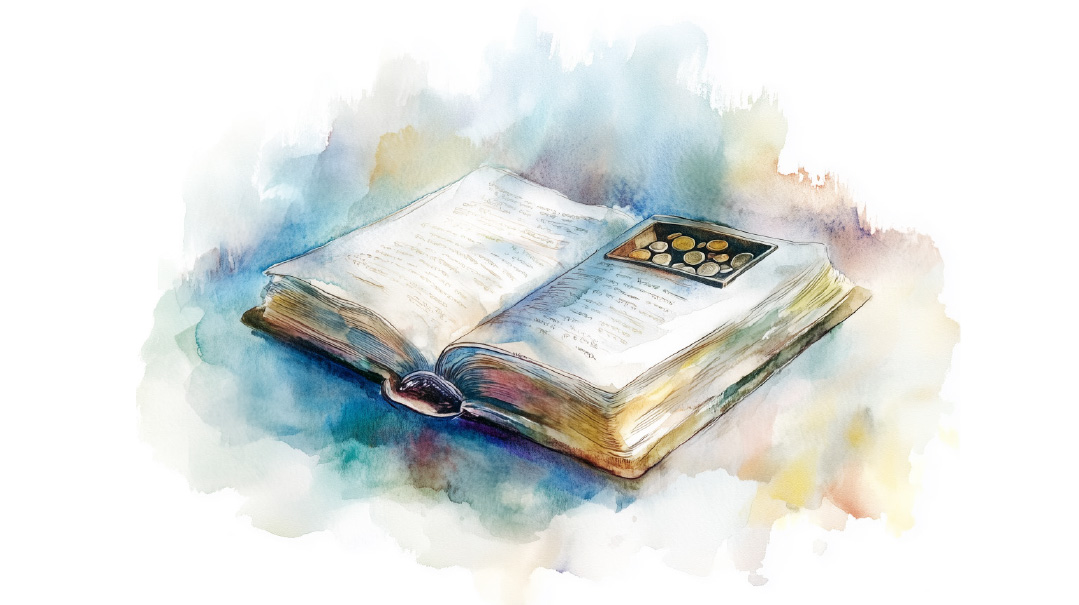In Praise of Silence

Any such mass tragedy warrants a deep silence
One feels the need to write something meaningful and comforting about the Meron tragedy, but the words won’t come. Once again we are confronted with the inadequacy of human speech to plumb the very depths of tragedy and despair. Faced with unutterable sadness and grief, we are struck dumb. When two sons of Aharon HaKohein lose their lives in the Mishkan, Aharon’s reaction is: “Vayidom Aharon — Aharon was silent” (Vayikra 10:3). Silent, because mere words are insufficient. Better let silence fill the void than meaningless prattle or shopworn clichés. This is one reason that a mourner, during his shivah period, is not to engage in excessive conversation.
When King David’s son Avshalom is killed, David — author of the magnificent Tehillim that expresses every possible human emotion — can only say (II Shmuel 19:1–5) : “and he wept and he said, ‘My son — b’ni — Avshalom my son, my son, Avshalom, would that I had died instead of you, Avshalom, my son, my son…’ and the king cried out with a great cry: ‘My son Avshalom, my son, my son.’ ” Eight times is that single word, b’ni, repeated. For only in that solitary word can the eloquent sweet singer of Israel express the unspeakable anguish in his heart. In his Tehillim he says it explicitly, “Lecha dumiyah tehillah — to Thee, silence is praise.” The greatest praise is to accept the Divine decree and to be still. In that word for silence — dumiyah — is an echo of Aharon HaKohein’s “vayidom.”
Any such mass tragedy warrants a deep silence. That this occurred on Lag B’omer at the tomb of Rabi Shimon bar Yochai, whose life was being celebrated, on the one Sefirah day of joy between Pesach and Shavuos, is far beyond human capacity to absorb. The bitter lament of the prophet Yirmiyahu in Eichah 5:15 leaps out at us: “Gone is the joy of our heart, our dance is turned into mourning.” Once again we realize that the ways of G-d are hidden to us. Once again we are struck dumb.
As always, however, King David offers comfort. His Tehillim 121 says it all: “mei’ayin yavo ezri —from whence cometh my help? My help cometh from the L-rd, creator of heaven and earth…. He will not slumber or sleep, the Keeper of Israel. G-d will protect thee from all evil, He will guard thy soul….” And in Tehillim 130 he cries out Mi’maamakim… — Out of the depths have I called on Thee, O L-rd …my soul yearns for the L-rd, like watchmen yearn for the morning….”
The ways of the Infinite Creator are far beyond our finite understanding. But what we can do is intensify our reaction in the classical Jewish way, as recorded by the Rambam. When tragedy strikes, serious prayer and personal stocktaking, cheshbon hanefesh, are called for. In what ways can we improve our connection with the One Above? Tzedakah? Torah study? Relationships with fellow human beings? More serious prayer? Better mitzvah performance? To ignore tragedies, especially communal tragedies, and continue on our merry ways like before, is, according to the Rambam, an indication of one’s insensitivity and callousness.
Blame, recriminations, accusations, justifications, denunciations, allegations, resignations — all these are lurking around the corner. Right now, however, it is best for us mortals to follow Rabi Shimon’s counsel in Avos 1:17: “I have found nothing better for oneself than silence.” Or as King David puts it in Tehillim 37:7: dom laHashem, “Be silent before the L-rd, and wait patiently for Him.”
This is why the words won’t come.
(Originally featured in Mishpacha, Issue 860)
Oops! We could not locate your form.







